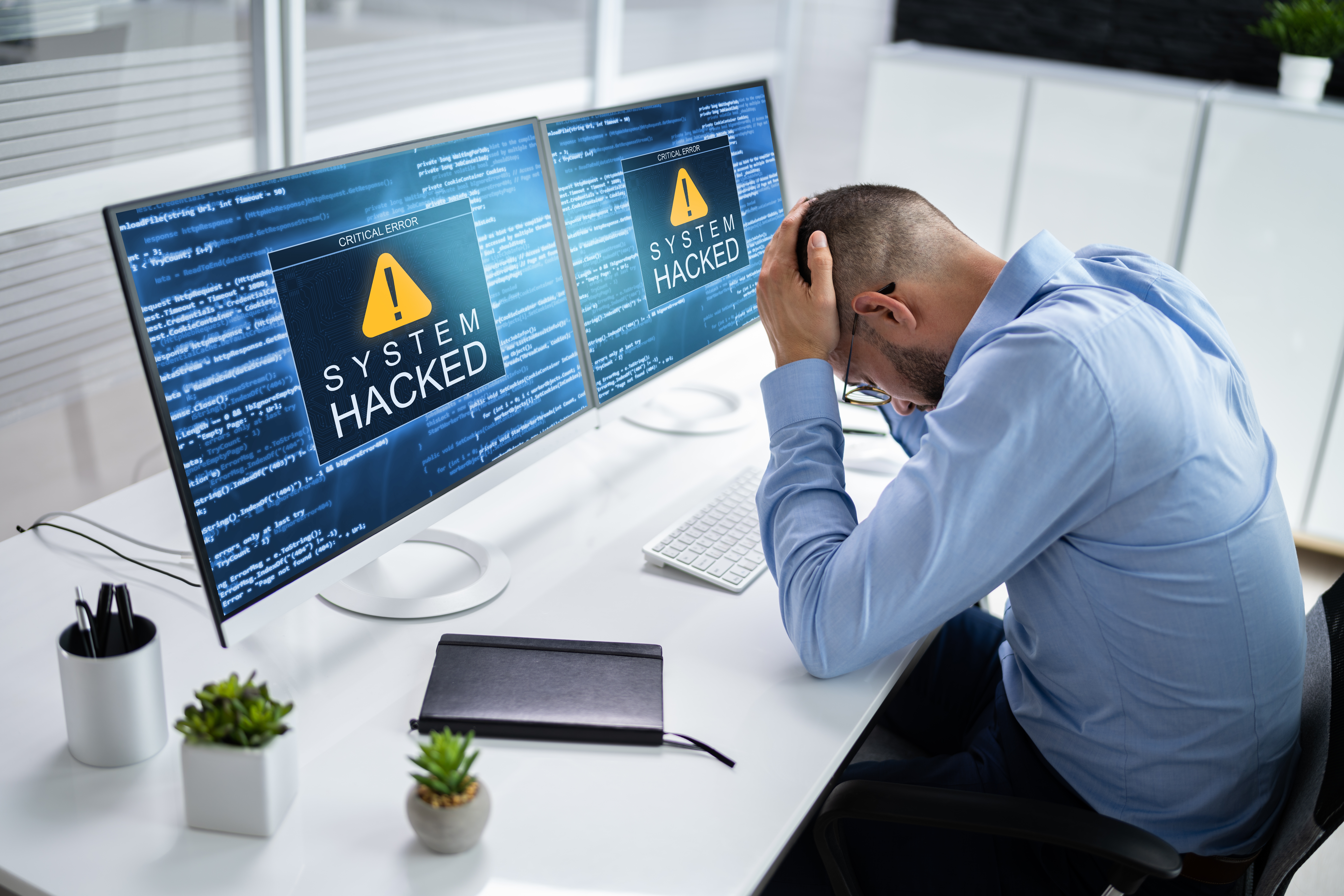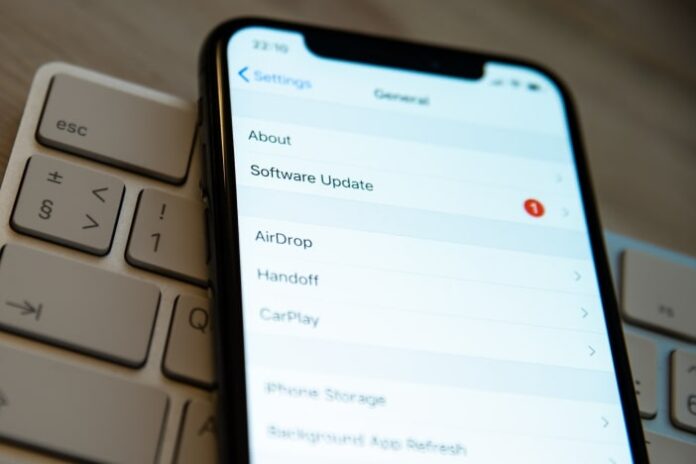Like most people, you use your Apple device to store personal information. This can include everything from credit card numbers to photos of your loved ones. It’s essential to protect your device from malware, which is software that can steal this information and cause other damage. This blog post will discuss how to protect your Apple device from malware and what to do if you think it has been infected.
Are iPhones susceptible to viruses?
It’s not difficult for your iPhone to become infected, even if it’s less likely than other gadgets to get malware. If this occurs, your phone’s battery may drain faster, you could lose access to sensitive information, or you might suffer from various catastrophic consequences.
However, if you fear that your device might already have malware, you can take steps to reduce the damage. One of the most common risks is downloading apps from unofficial third-party app stores. These apps often contain malicious software as a hidden element. If you download these apps onto your phone, the malware attached will infect your device.
Hackers might use the malware to gain access to your phone and steal your personal information, which they can then utilize to break into accounts or credit card systems and cause economic damage. You should only download apps from the App Store as one iPhone virus-prevention measure, as Apple has approved all available app options.
There is a way for users to download apps from unofficial sources, but it requires them to jailbreak their iPhones first. Jailbreaking refers to using software to change your iPhone so it can do things Apple never intended, like downloading apps from places other than the App store. While jailbreaking your iPhone might give you more freedom in how you use your smartphone, it also opens your device to the threat of viruses.
What are the signs that my iPhone has a virus?
You might have malware on your iPhone if you notice the following:
- Battery drains quickly, or your phone gets hot when you’re not using it.
- You see new apps that you didn’t download.
- The device starts acting strangely, crashing, freezing, or opening apps by itself.
- You get strange pop-ups or messages from unknown numbers.
You can do a few things if you believe your iPhone might be infected. To start, try restarting your phone. If that doesn’t help, attempt uninstalling any apps that look suspicious. You could also reset your device to its factory settings, although that should be the last resort because it will delete all the data on your phone.
How can I prevent malware from infecting my iPhone?
You can do several things to protect your iPhone from malware:
- Only download apps from reputable sources, such as the App Store.
- Don’t jailbreak your phone.
- Install a mobile security app that can scan for viruses and block dangerous websites.
- Keep your iOS software up to date. Apple releases updates regularly that patch vulnerability in the system that hackers could exploit.
- Be careful about what you click on or download–avoid email attachments or links from unknown senders, and don’t click on pop-ups.
No matter your device type, keeping it safe from malware is essential. Following the tips in this blog post can help protect your Apple device from malicious software. If you think your device has already been infected, immediately remove the malware and protect your data.





